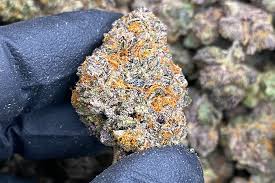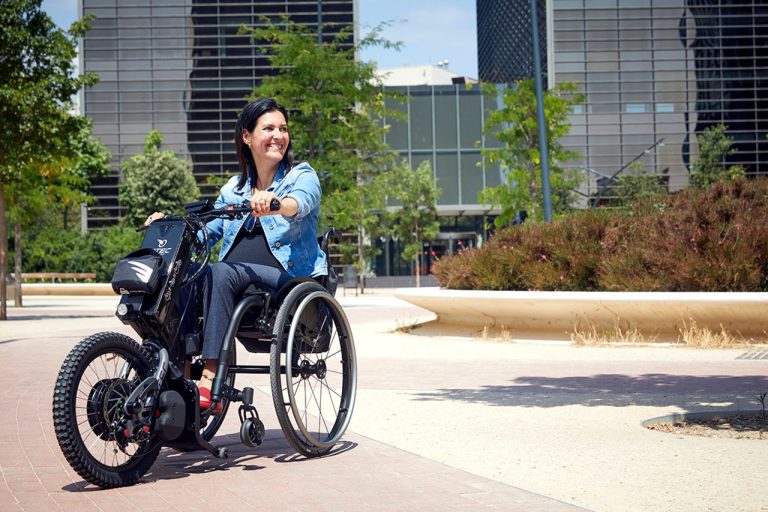Getting a good night’s sleep is essential for overall health and wellbeing. Yet, for some people, falling asleep and staying asleep can be a challenge. Insomnia, a common sleep disorder, affects millions of people worldwide, and it can have a significant impact on quality of life. Fortunately, cannabis, a plant with various medicinal properties, has shown promise as a natural alternative for insomnia.
Understanding Cannabis and Sleep
Cannabis, also known as marijuana, is a plant that contains over 100 compounds called cannabinoids. The two most well-known cannabinoids are tetrahydrocannabinol (THC) and cannabidiol (CBD). THC is the psychoactive compound that gives users a “high” feeling, while CBD is non-psychoactive and has a range of therapeutic benefits, including potential sleep-inducing effects.
Research has shown that cannabis for sleep helps by reducing the time it takes to fall asleep and increasing the duration of slow-wave sleep, also known as deep sleep. This type of sleep is essential for physical and mental restoration, and lack of deep sleep can lead to daytime fatigue, mood swings, and other health problems.
CBD, on the other hand, has shown promise in reducing anxiety and stress, two common factors that can contribute to insomnia. By reducing anxiety and stress, CBD can help calm the mind and promote relaxation, making it easier to fall asleep.
Cannabis vs. Traditional Sleep Aids
Many people turn to over-the-counter or prescription sleep aids to help with insomnia. However, these drugs can have adverse side effects and can be addictive. Cannabis, on the other hand, has a low risk of dependency and minimal side effects, making it a safer alternative for long-term use.
Choosing the Right Strain for Sleep
Cannabis strains vary in their effects, and some are more suitable for sleep than others. Indica strains, which are known for their relaxing and sedative effects, are often recommended for insomnia. Sativa strains, which have energizing and uplifting effects, are generally not recommended for sleep.
Methods of Consumption
Consuming cannabis for sleep has proven to have good results. Cannabis can be consumed in various ways, including smoking, vaping, edibles, tinctures, and topicals. Smoking and vaping provide the fastest onset of effects, but the effects wear off faster than other methods. Edibles and tinctures take longer to take effect, but their effects can last longer. Topicals, which are applied directly to the skin, do not have psychoactive effects but can provide localized pain relief.
Safe Use of Cannabis for Sleep
Like any other substance, cannabis should be used safely and responsibly. It’s essential to start with a low dose and gradually increase it until you find the right dosage for your needs. It’s also important to avoid driving or operating heavy machinery while under the influence of cannabis.
Conclusion
In conclusion, cannabis offers a natural alternative for those struggling with insomnia. With its potential to reduce anxiety, promote relaxation, and improve sleep quality, cannabis has shown promise as a safe and effective sleep aid. However, it’s important to use cannabis safely and responsibly, starting with low doses and consulting with a healthcare provider. With its various medicinal properties, cannabis offers a promising solution for those seeking a better night’s sleep without relying on traditional sleep aids. While cannabis can be a natural and effective alternative for insomnia, it’s important to consult with a healthcare provider before use, especially if you have a pre-existing medical condition or are taking other medications.















